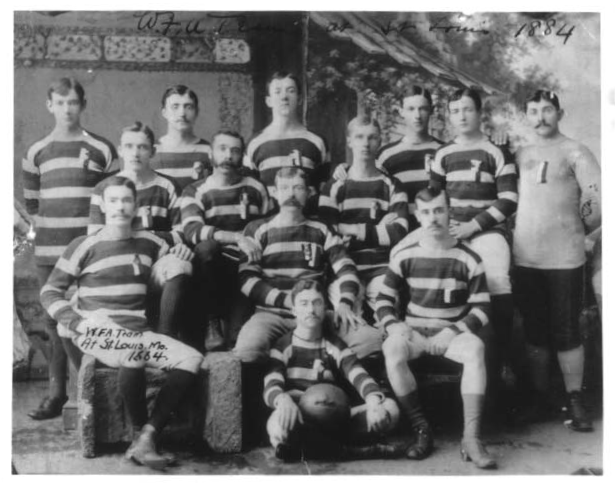“For all the success of its players on fields in both the U.S. and abroad, the ASL was in trouble.”
While simplistic, I believe that this statement from the blog post details just why Billy Gonsalves, for all his talent and potential mythos, never entered the annals of American culture and sport unlike his competitive peers in baseball, football, and basketball. Unlike the big three (baseball, football, and basketball), soccer in the United States entered a dark age for decades as a result of the Great Depression. Unlike the MLB, or other private football clubs in other countries such as Argentina or England, the American Soccer League (ASL) relied on corporate sponsorships for its revenue instead of private investment. While this worked in the beginning, due to the Great Depression, their sponsors such as Bethlehem Steel and others pulled out because of their worsening financial circumstances. Along with the company promotions, the working-class base of American soccer dried up as they were constantly looking for work and could not afford to attend a soccer match which further depleted the ASL’s potential pool of talent.
Unlike in Argentina, where the culture and game of soccer was completely immersed within the working-class culture, soccer in the United States was still trying to germinate until it was ultimately uprooted due to the perilous economic situation of the country. Similarly to Argentina, early soccer legends such as Billy Gonsalves were a part of the American national identity. Gonsalves was born in America to Portuguese immigrants, and of a working-class background, was able to rise to the top of the U.S national team through sheer raw talent. This exactly parallels the American Dream and the influence immigrants have had on the culture of the United States. Aside form the potential myth-making, Gonsalves was by any metric, an outstanding soccer player. He had a long lasting career starting from the Boston Wonder Workers in 1927 to the Newark F.C. at the end of the 49′ season. Gonsalves was a remarkable play-maker or as what we would call now, an “assist” as he often elevated every member on his team’s play. Gonslaves also scored one thousand goals over his career and carried the U.S National Soccer team to third place in the first FIFA World Cup, in 1930 in Uruguay. Gonsalves also carried the U.S national team past the qualification stage in the 1934 World Cup in Italy before the U.S team lost to the cup’s eventual winner, Italy, in the first game after qualifiers. These accomplishments alone, while stunning, were not enough to salvage the struggling popularity of organized soccer among the U.S national audience, thus preventing Billy Gonsalves from becoming a national icon similar to other sports greats such as Babe Ruth, Jack Dempsey, Hank Aaron, Ted Williams, and Micheal Jordan.

Billy Gonsalves (right)
